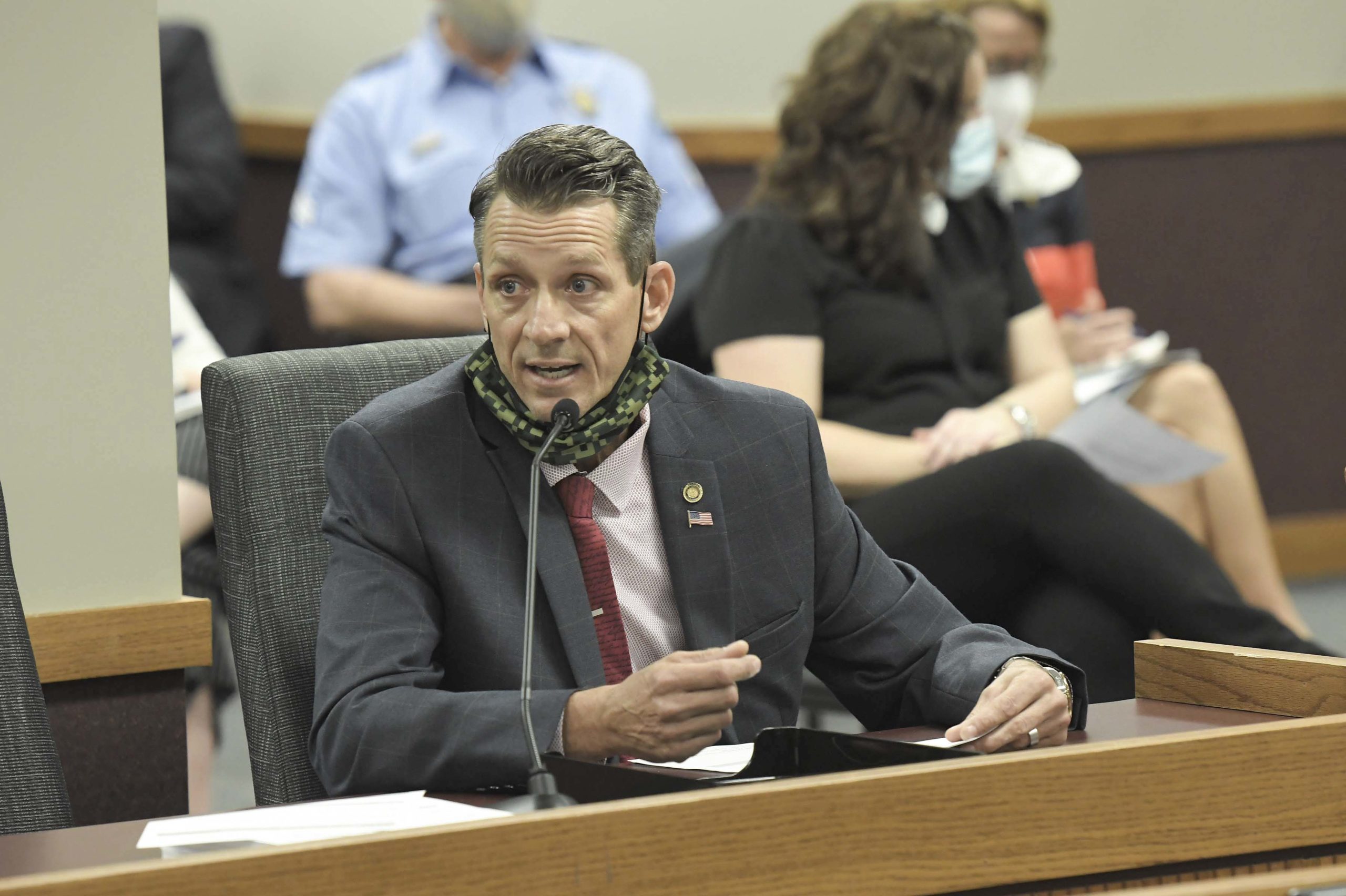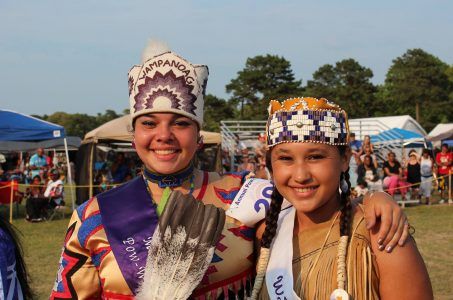Missouri Bill Wants Commercial Gaming in Lake of the Ozarks, Challenges Osage Tribe
Posted on: February 22, 2022, 10:44h.
Last updated on: February 22, 2022, 11:04h.
A bill introduced to the Missouri legislature would ask voters to authorize casino gaming on or near the Osage River. That would pave the way for a commercial casino at the Lake of the Ozarks, challenging an Oklahoma tribe’s ambition to build Missouri’s first Native American casino in the popular regional tourist spot.

Currently, the state constitution only permits gaming along the Missouri and Mississippi rivers. But the Osage Nation has purchased land in Lake Ozark for the purpose of building a casino. The Nation is based in Oklahoma, where it owns and operates seven casinos. But its historical lands once encompassed most of what is now Missouri.
It wants the federal government to take the Lake Ozark land into trust, which partially removes it from the jurisdiction of the state. This would convert the land into the tribe’s sovereign reservation, making gaming possible there under the federal Indian Gaming Regulatory Act.
Commercial or Tribal?
But a group of local investors have long held ambitions to build their own casino in the area. They’ve formed a political action committee, Osage River Gaming (ORG), which is backing the new bill, filed in the House by State Rep. Ron Hicks (R-St. Charles) earlier this month.
In a statement, ORG said a commercial casino regulated by the state would contribute more to the local and state economy than a tribal casino.
“A state regulated casino on the Osage River below the dam will provide at least 700 (mostly local) jobs during the construction phase, and as many permanent jobs once operations commence,” said ORG.
Ancillary businesses in the Lake area will also benefit greatly from the increased customer traffic and economic activity. The facility will generate at least $100 million of new net revenue annually to the Lake area economy, and $26 million in state and local tax revenue,” ORG claimed.
The Osage Nation has said its proposed casino would be “one of the most substantial economic development initiatives for the region in years.”
Slow Race to the Lake
Native American casinos do not pay state taxes. But if they want to offer “Class 3” casino gaming, they typically agree to contribute a percentage of their revenues. This is negotiated via gaming agreements called compacts.
In return for these payments, the Osage Nation would likely negotiate some measure of regional exclusivity, which could sink ORG’s ambitions for the area.
But if this is now a race to build the region’s first casino, it could be an incredibly slow one. Bills proposing gaming expansion are rarely fast-tracked through any state legislature. That means Hicks’ plan to get the question on the ballot in November of this year is ambitious, even if it is ultimately approved by his fellow lawmakers.
Meanwhile, land-in-trust applications are also painstakingly slow. Some can take years. A search of the Federal Register Tuesday did not show any pending applications by the Osage Nation for trust land in Missouri.
Related News Articles
Most Popular
Las Vegas Overstated F1 Race’s Vegas Impact — Report
Vegas Strip Clubs Wrestle in Court Over Animal Names
Mega Millions Reportedly Mulling Substantial Ticket Price Increase
Las Vegas Strip Stabbing Near The Strat Leaves One Man Dead
Most Commented
-
End of the Line for Las Vegas Monorail
— April 5, 2024 — 90 Comments -
Mega Millions Reportedly Mulling Substantial Ticket Price Increase
— April 16, 2024 — 6 Comments -
Long Island Casino Opponents Love New York Licensing Delays
— March 27, 2024 — 5 Comments -
Nearly Abandoned Mall Outside Vegas Soon to Have Only One Tenant
— March 12, 2024 — 5 Comments
















No comments yet